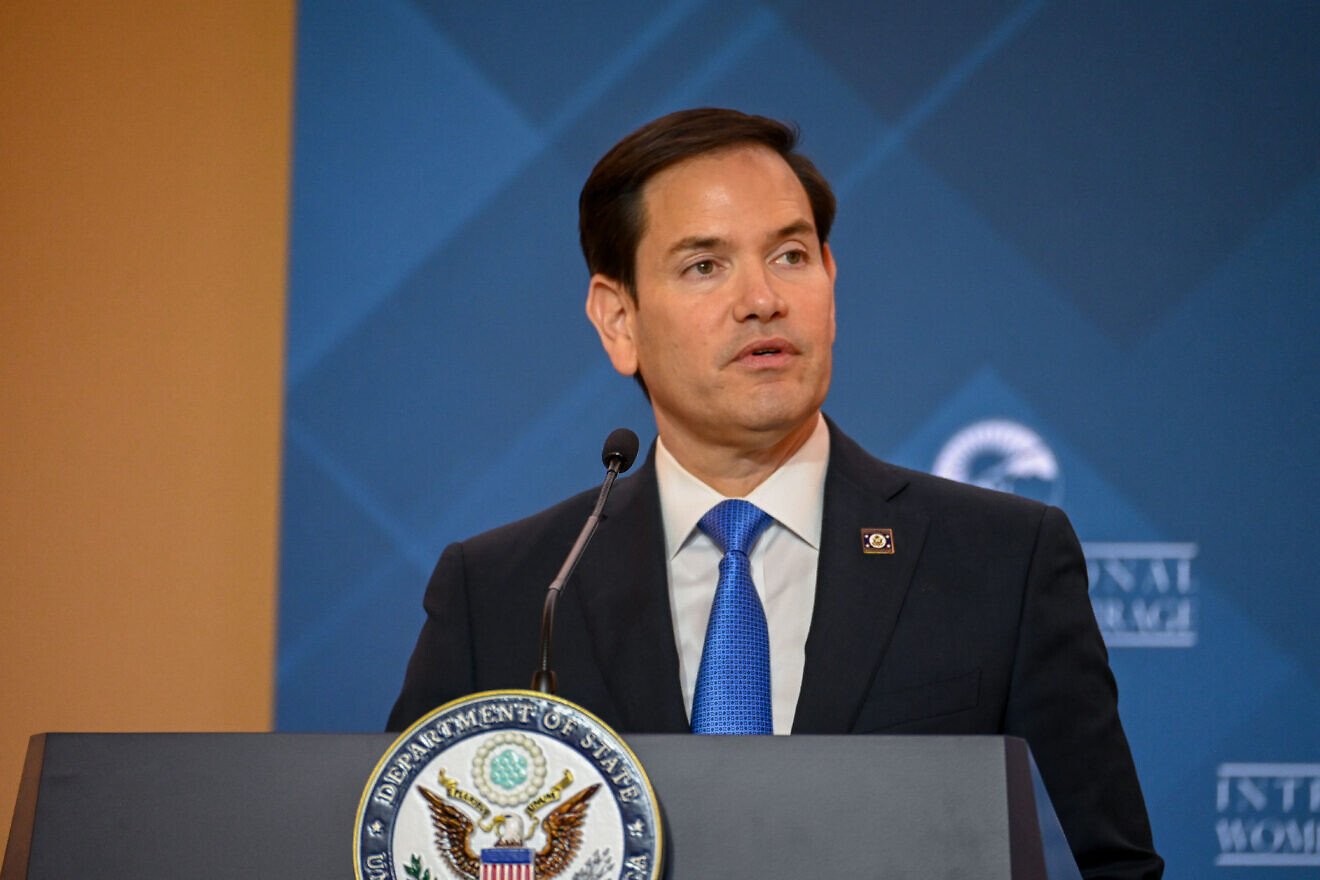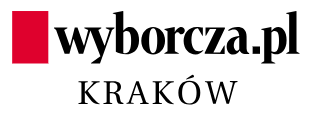Jonathan S. Tobin
The administration isn’t abandoning the cause of human rights. A reorganization will stop bureaucratic ideologues from using the government to attack the Jewish state.
 U.S. Secretary of State Marco Rubio attends the International Women of Courage Awards at the U.S. State Department in Washington, D.C., April 1, 2025. Credit: Liri Agami/Flash90.
U.S. Secretary of State Marco Rubio attends the International Women of Courage Awards at the U.S. State Department in Washington, D.C., April 1, 2025. Credit: Liri Agami/Flash90.
For decades, a group of so-called “human rights” organizations—in particular, Amnesty International and Human Rights Watch—have been waging war on the State of Israel. As NGO Monitor, the authoritative source on the subject, has documented, these groups have conducted a multifaceted campaign involving support for boycotts across the board, smearing it as an “apartheid” state, and promoting its isolation and prosecution on the international stage.
In doing so, these non-governmental organizations and the liberal publications that continue to treat them as credible sources have succeeded in transforming human rights from a righteous cause into a movement that is a politically powerful, thinly veiled engine of 21st-century antisemitism.
Those who follow U.S. foreign policy have become all too aware of this development, especially since the Hamas-led Palestinian terrorist attacks and atrocities in southern Israel on Oct. 7, 2023. Since then, this bogus “human rights” lobby has stepped up its efforts to delegitimize Israel’s efforts to defend itself and acted as tacit advocates for Hamas in falsely depicting the war in Gaza and against other Iranian proxies in Lebanon and Yemen as acts of “genocide.”
Most Americans have been largely unaware that a band of activists with similar goals and beliefs to those at Human Rights Watch and Amnesty have been operating from a base inside the U.S. government. Thanks to a reorganization of the U.S. State Department, announced this week by Secretary of State Marco Rubio, that may now be coming to an end.
This is much to the dismay of liberal outlets like The New York Times, in addition to former Obama and Biden administration staffers who are horrified about what they consider to be a “blow to U.S. values.” According to the Times, the Trump administration is signaling that it “cares less about fundamental freedoms than it does about cutting deals with autocrats and tyrants.” In an article that largely consisted of quotes from foes of President Donald Trump and Rubio, the offices, such as the human-rights bureau, that are being pared down and stripped of their autonomy were described as “a sort of voice of conscience for policymakers as they balance America’s interests with its values.”
Opponents of Israel
Phrased in that manner, this sounds like something terrible—a scheme that would truly undermine American advocacy for freedom abroad. But the giveaway as to what’s really at stake in this controversy came in the next sentence of the article. As the newspaper put it: “During the Biden administration, it offered internal criticism of Israel, arguing that it was not doing enough to protect civilians in Gaza.”
In other words, these bureaus have acted as a powerful check on the ability of any president to advance the U.S.-Israel relationship as well as to promote a malicious and false narrative that, like those spewing from Amnesty and Human Rights Watch, seeks to demonize Israel and any other targets of the political left. Though they are being portrayed in the liberal press as courageous truth-tellers working to spread freedom and democracy abroad, such officials have been acting in the grand tradition of State Department antisemites and Arabists who have sought to work against the interests of Israel and the Jewish people since the 1930s.
As Rubio explained in a government Substack post, for the past few decades, the State Department has operated several bureaus that, “provided a fertile environment for activists to redefine ‘human rights’ and ‘democracy,” to conform to the ideology of the same so-called “progressives” who have captured control of academia.
Often pursuing goals completely at odds with the foreign-policy objectives of the president and secretary of state, this growing band of biased bureaucratic ideologues has wielded considerable power and influence. To the frustration of those who understand the way that their agenda damages U.S. interests and allies, they’ve made a significant sector of the federal establishment into bastions of hostility to Israel and the governments of other nations that have been targets of the left, such as Hungary, Poland and Brazil. It also promoted policies that, as Rubio pointed out, “funneled millions of taxpayer dollars to international organizations and NGOs that facilitated mass migration around the world, including the invasion on our southern border.”
How could that be? And why has it taken so long for someone in authority to order changes like those that the current administration has put forward?
How rogue elements ruled
The answer to that question is fairly simple. Until now, no one in the White House or at the head of the State Department has tried to rein in what Rubio rightly termed “rogue” elements within the government.
They have operated with the impunity that comes with civil-service protections and the fact that past administrations either lacked the will or ability to restrain a powerful bureaucracy. As is true in almost all governmental departments and agencies, the permanent employees lean hard to the left. They also have managed to fend off any efforts to control them by manipulating the political appointees, who are supposed to be their bosses, treating them as incompetent amateurs who know little about how the government works in much the same manner as the characters in the classic British political comedy “Yes, Minister.”
It’s also true that, at least in principle, both the Obama and Biden administrations had no problem with this “human rights” lobby inside the State Department because they largely agreed with them.
Yet the inherent problem of having a portion of the government conducting an ideological foreign policy largely independent of the people at the top of the organizational flow chart became exposed in the last 16 months of Biden’s term in office. That’s because the anti-Israel bureaucrats, like the pro-Hamas mobs on college campuses, believed that the administration of President Joe Biden was insufficiently hostile to Israel after Oct. 7.
Biden’s civil war
As soon became apparent, the barbaric attack on Israeli civilians and the war to eradicate Hamas that followed had fomented nothing less than a civil war within the administration. Large portions of the permanent foreign-policy bureaucracy, as well as many of Biden’s political appointees ensconced in positions below the rank of cabinet and undersecretary rank, simply opposed the ambivalent Biden stand on the war, in which he publicly opposed Hamas but at the same time didn’t want Israel to succeed in defeating it. They wanted a complete cutoff of U.S. aid and an American-imposed ceasefire that would enable Hamas to both survive the war they started and even to win it.
While some officials, including members of the State Department’s human-rights bureau, resigned in protest over Biden’s half-hearted support of Israel, most remained in place. They continued working to undermine that stand and help fund projects that would hurt Israel and aid Palestinians fighting it, including, as one Middle East Forum study noted, indirectly financing anti-Israel terrorism. Indeed, as the City Journal reported in February, USAID was directing American taxpayer dollars to Hamas.
That is the context with which Rubio’s reorganization should be understood.
One aspect of the scheme is that it will eliminate redundancies and reduce costs in keeping with the mandate of Trump’s Department of Government Efficiency (DOGE), initially guided by billionaire Elon Musk.
Backing human rights
Rubio, who, as the Times noted, was an ardent supporter of human rights and encouraged using American power to advocate for freedom abroad during his 14 years in the U.S. Senate. Contrary to the assertions of his critics, he has not changed his mind about the importance of the issue. Rather, he is attempting to rescue the cause of human rights and democracy from activists who have turned it into a crusade against Israel and other governments, such as that of Hungary, which is falsely labeled as authoritarian because of its resistance to left-wing attempts to undermine its national identity.
Rubio’s plan involves a massive shift that he hopes will end the radical power base inside the State Department by stripping it of its autonomy and putting it inside existing regional bureaus, where it won’t be free to undermine Trump’s pro-Israel policy or fund groups working to promote policies and ideas antithetical to U.S. interests.
Under Rubio’s plan, there will still be plenty of people at the State Department who will be tasked with monitoring human rights around the world and seeking to promote American values of liberty, including political and economic freedom. The administration will also preserve the office of the special envoy to monitor and combat antisemitism. Reportedly, it will shift to a global Jewish affairs coordinator rather than the old division under the office of the undersecretary of civilian security, human rights and democracy—a section of Foggy Bottom that was a major part of the problem Rubio is trying to solve. The Office of International Religious Freedom will also still be there.
Will Rubio succeed in taming and redirecting the energy of the diplomatic bureaucracy away from toxic left-wing activism and toward efforts that will promote American interests and strengthen U.S. ties with Israel and other allies? Only time will tell, but as Trump has demonstrated on other issues, such as his efforts to reform or defund academic institutions that tolerate and encourage antisemitism, enacting such fundamental changes requires bold strokes and decisive leadership.
For far too long, the administrative state, of which the left-wing elements in the State Department were a key part, ruled as an unelected and unaccountable fourth branch of the U.S. government that was dedicated to pursuing left-wing policies that no one had voted for. Trump and Rubio have rightly decided this has to end.
Their actions will provoke much consternation and pearl-clutching from the foreign-policy establishment and its liberal media cheerleaders. But their taking an axe to a portion of the State Department bureaucracy run by radicals is a victory for friends of Israel and American interests, and a clear defeat for their opponents who operate under the false flag of “human rights” advocacy.
 Jonathan S. Tobin is editor-in-chief of the Jewish News Syndicate, a senior contributor for The Federalist, a columnist for Newsweek and a contributor to many other publications. He covers the American political scene, foreign policy, the U.S.-Israel relationship, Middle East diplomacy, the Jewish world and the arts. He hosts the JNS “Think Twice” podcast, both the weekly video program and the “Jonathan Tobin Daily” program, which are available on all major audio platforms and YouTube. Previously, he was executive editor, then senior online editor and chief political blogger, for Commentary magazine. Before that, he was editor-in-chief of The Jewish Exponent in Philadelphia and editor of the Connecticut Jewish Ledger. He has won more than 60 awards for commentary, art criticism and other writing. He appears regularly on television, commenting on politics and foreign policy. Born in New York City, he studied history at Columbia University.
Jonathan S. Tobin is editor-in-chief of the Jewish News Syndicate, a senior contributor for The Federalist, a columnist for Newsweek and a contributor to many other publications. He covers the American political scene, foreign policy, the U.S.-Israel relationship, Middle East diplomacy, the Jewish world and the arts. He hosts the JNS “Think Twice” podcast, both the weekly video program and the “Jonathan Tobin Daily” program, which are available on all major audio platforms and YouTube. Previously, he was executive editor, then senior online editor and chief political blogger, for Commentary magazine. Before that, he was editor-in-chief of The Jewish Exponent in Philadelphia and editor of the Connecticut Jewish Ledger. He has won more than 60 awards for commentary, art criticism and other writing. He appears regularly on television, commenting on politics and foreign policy. Born in New York City, he studied history at Columbia University.
 Russia to Fund New Nuclear Power Plant in Iran as Bilateral Ties Deepen Amid US Talks
Russia to Fund New Nuclear Power Plant in Iran as Bilateral Ties Deepen Amid US Talks Iran’s Oil Minister Mohsen Paknejad met with Russia’s Deputy Prime Minister Alexander Novak in Moscow on April 24, 2025. Photo: Screenshot
Iran’s Oil Minister Mohsen Paknejad met with Russia’s Deputy Prime Minister Alexander Novak in Moscow on April 24, 2025. Photo: Screenshot

















